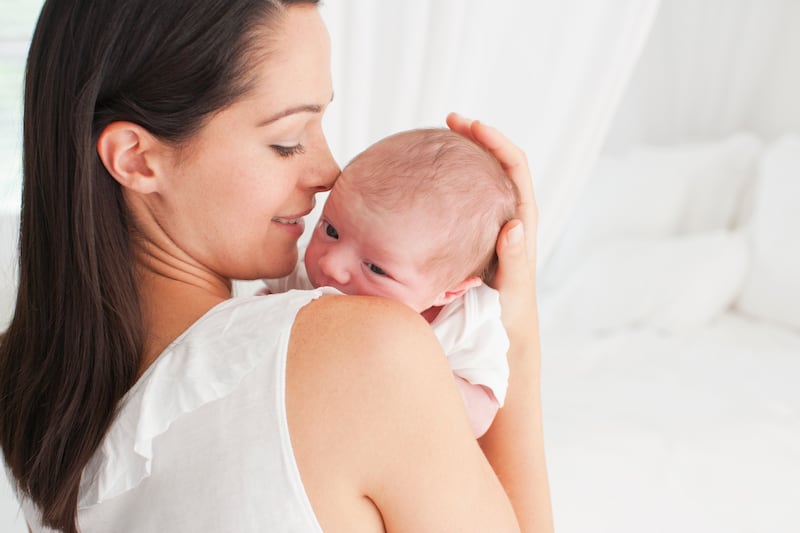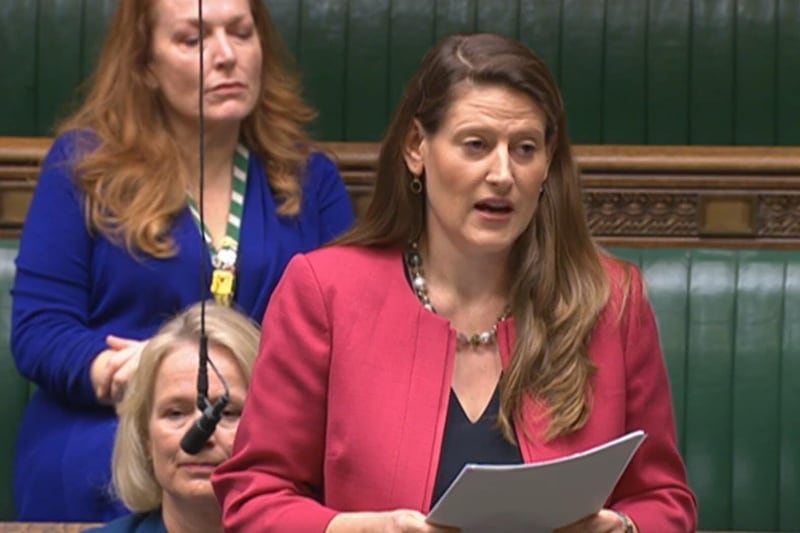Would you like to understand why your baby is crying, why your toddler is having a tantrum, why your child is fearful or why your teenage is refusing to go to school?
Belfast therapist Anne Matthews, helps you find the answers to these and many more challenges in What is my Child Telling Me That I’m Not Getting … Yet?
The insightful and practical book was written to empower parents to develop their natural intuition and reach a deeper connection with their children – a connection she says “you both deserve”.
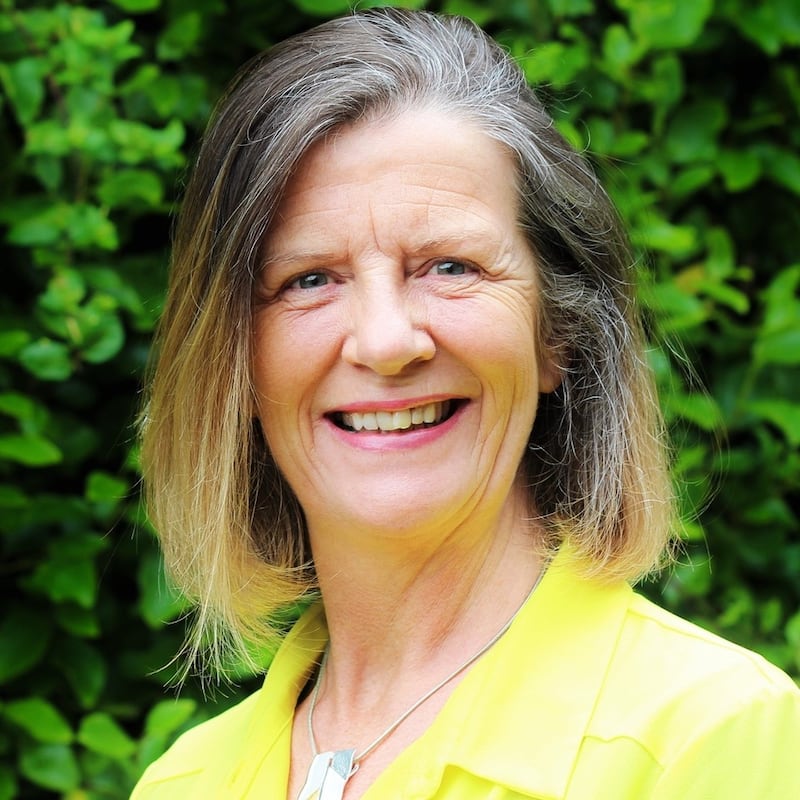
Anne, who set up Belfast Chiropractic Clinic in 1987, is a chiropractor, physiotherapist, cranio-sacral therapist, pre and perinatal educator and Baby Body Language expert.
The book contains first-hand accounts from over 35-years of professional practice, and the solutions that have transformed each child’s life and, in turn, their parents’ lives.
Baby Body Language refers to understanding a baby’s life in the womb and its birth and how these very early life experiences can impact upon their body language and behaviour.
“One of the first steps for a mum to truly ‘see and hear’ her own baby and child is to intentionally become more present and more aware of her own emotions, thoughts and the feeling in her physical body before and during pregnancy, birth and beyond,” says Anne.
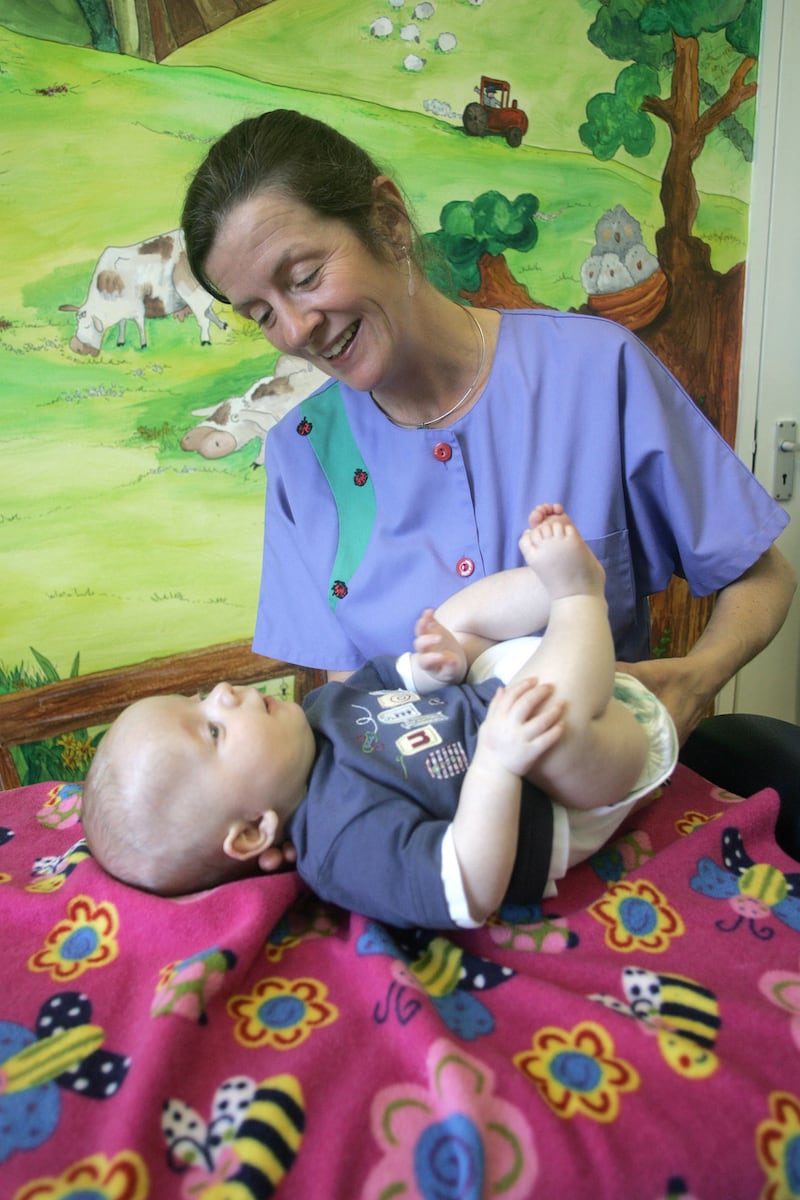
She has written this book not only as an expert in her field, but as a daughter and mother, who has recognised and healed some of her own individual wounds.
These include being separated as a newborn from her mother in a different hospital due to medical complications, growing up as “a sensitive child who was late to babble and speak” and being personally impacted by the Troubles in Belfast.
“My parents had seven kids, my brother was non-fatally shot, my father assaulted, we were bombed several times, and I had a bomb thrown at me as a 17-year-old. The emotional health wasn’t there.”
Anne’s biggest heartbreak however was the delivery of my second son, Philip, as a stillborn at 28 weeks in August 1995. The statistic that about half of all stillbirths occur after 28 weeks and are unexplained became a major motivation of research for her.
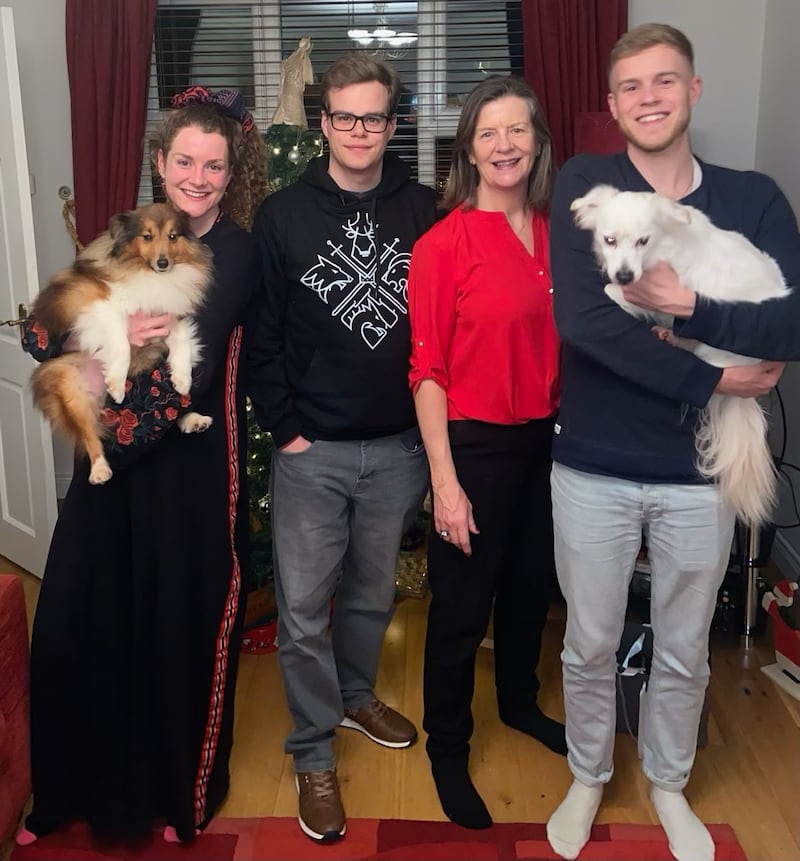
“I embarked on a lifelong journey of self and professional development that brought me into the world of pre and perinatal education,” adds Anne, who was the first mum to use a birthing pool in a Northern Ireland hospital in 1992.
Her parental challenges also placed her in a position to give parents and children genuine empathy and understanding.
“I have a stammer and in Primary 2 I was made to talk in front of the other children who laughed at me. I made a vow then that I wouldn’t talk in school, and I didn’t,” says Anne, who despite her difficulties did win a medal at the Belfast Speech and Drama Festival as a child.
“We were preparing for the festival, and I remember the teacher telling us we were hopeless.
Listen from your heart as you engage with your child by looking into their eyes as you practise being present for them. Cultivate the art of responding rather than reacting to their behaviour.
“My sister practiced my poems with me all weekend and out of 120 children I won. I knew I had the ability. I didn’t want the stammer to hold me back, but I was still very quiet at school, right up until my teenage years.
“I can relate to those sensitive children, and I don’t want another little person to go through what I did.”
Anne stresses that our bodies, physically, emotionally, and psychologically, have the ability to heal at any time.
“Each of us has had a birth experience that has shaped us to varying degrees. However, that is not to say that we have all become victims defined by the challenging imprints of the early birth experience,” she explains.
“I advise all parents to believe in themselves. Learning to read Baby Body Language will help you make connections that will strengthen your child’s natural abilities to heal and move on with life.
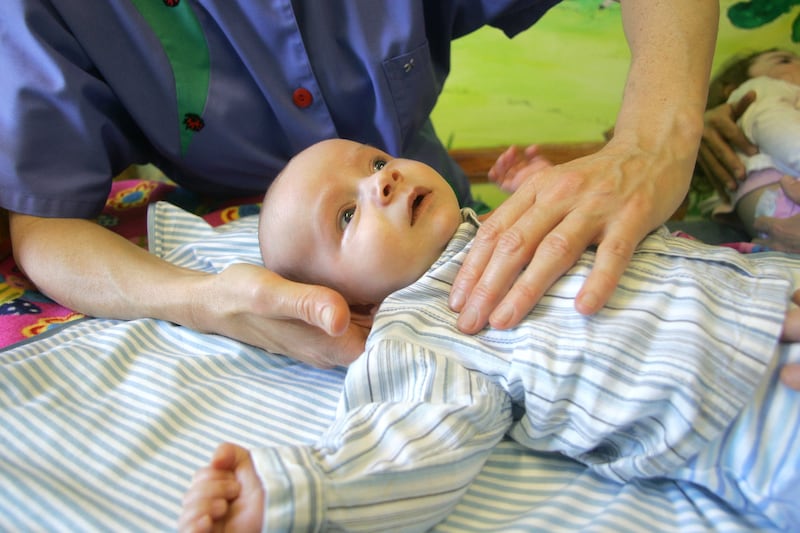
“It may help you go back in time and realise that they didn’t crawl properly, or they were poor sleepers. Be aware, but don’t feel guilty.”
Anne advises that if your child is finding a particular skill set too difficult to achieve, ask yourself what is an earlier stage of development that needs to be revisited first.
“For example, if they can’t ride a bike, go back to running up and down steps and climbing over walls or gates. Once they have that balance, a bike is easy for them.”
Anne encourages parents to not only do developmental exercises, massage and take a close look at the nutrition their children are receiving but also incorporate life-skills and fun into their lives.
This could be through modelling compassion and empathy towards animals and people and encouraging exercise and movement.
“A lot of kids nowadays spend their life on X-Box’s, which is contributing to many issues.
“When older kids are doing exams a lot of parents want to pick them up and drop them off at the school gate – that’s wrong. Children need movement more than ever.

“I love to hear about kids running the length themselves during the summertime in the water and in the sand or watching them sitting and swinging their legs.”
When it comes to getting the family out together for exercise and fresh air, Anne advises parents to be creative.
“Suggest going on a treasure hunt, or to Newcastle for an ice cream. Then you’ve told a different story from the walk word,” she smiles.
Anne Matthew’s six guiding steps for parental guidance
- Notice when you’re being triggered by your baby or child; pause and breathe, exhale and respond to them rather than reacting without thinking.
- Practise listening more. Listen from your heart as you engage with your child by looking into their eyes as you practise being present for them. Cultivate the art of responding rather than reacting to their behaviour.
- Spend lots of shared time outdoors with your child. Sharing an experience with your child is more preferable and memorable for them.
- Reciprocate your child’s sense of awe and wonderment when they share a new experience, learned activity or discovery with you without commenting “I know”.
- Remember, parenting is intuitive when we know where to start from and ask, “What is my child telling me that I’m not getting ...yet?” Be a more informed parent as you learn from and integrate your experiences with your child.
- For many families, there is a crisis point that prompts the awareness and recognition that something needs to shift. Do your own personal work, for yourself and for your family. Be your child’s role model of whom they’ll be super proud.







